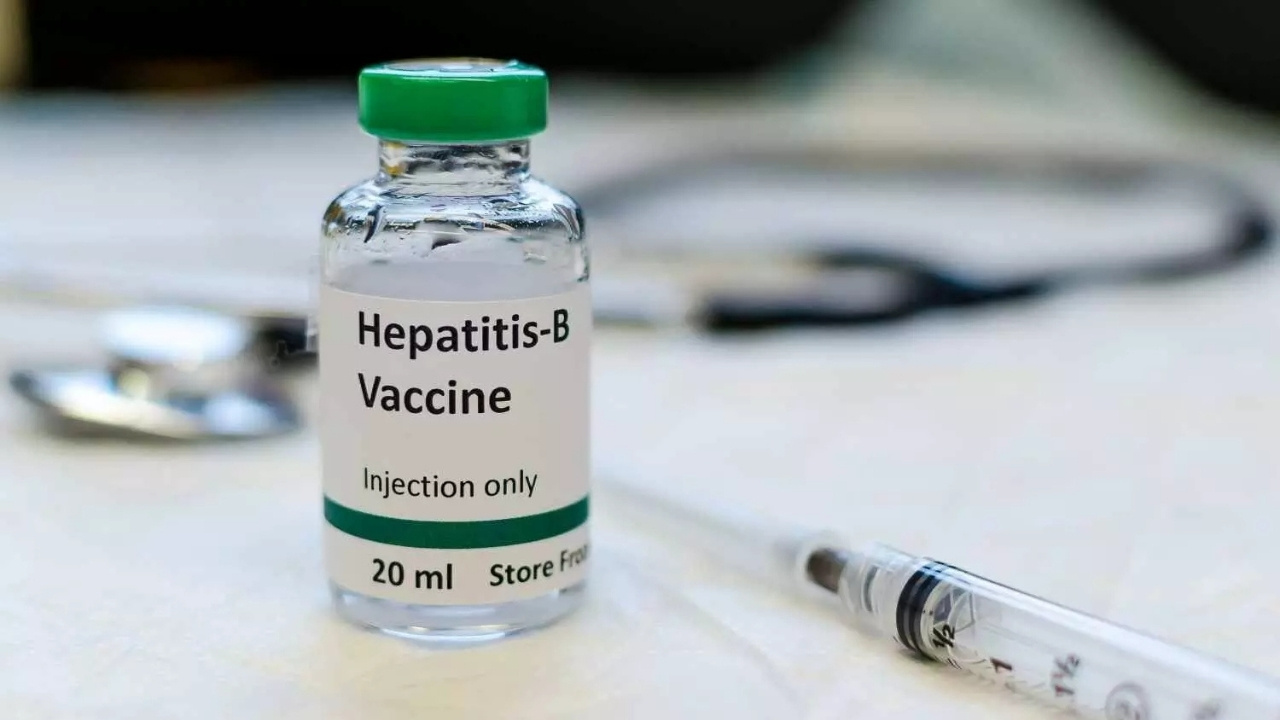
Hepatitis B is a serious liver infection caused by the hepatitis B virus (HBV). It can lead to chronic liver disease, liver cancer, and even death. Luckily, there's a way to protect yourself: the Hepatitis B vaccine. This vaccine is a game-changer in preventing HBV infection. But what do you really know about it? How effective is the Hepatitis B vaccine? It's over 90% effective in preventing infection when given in the proper series of doses. This vaccine is recommended for everyone, from newborns to adults, especially those at higher risk. Let's dive into 16 essential facts about this life-saving vaccine, covering everything from how it works to who should get it.
What is Hepatitis B?
Hepatitis B is a serious liver infection caused by the hepatitis B virus (HBV). It can become chronic, leading to liver failure, cancer, or cirrhosis. The hepatitis B vaccine is a key tool in preventing this disease.
-
Hepatitis B is a liver infection caused by the hepatitis B virus (HBV). It can lead to both acute and chronic disease, affecting millions worldwide.
-
Chronic hepatitis B can lead to serious health issues like liver cirrhosis and liver cancer. Early vaccination can prevent these complications.
How the Hepatitis B Vaccine Works
The vaccine stimulates the immune system to produce antibodies against the virus, providing immunity without causing the disease.
-
The vaccine contains a non-infectious component of the virus, which helps the body recognize and fight the actual virus if exposed.
-
It requires multiple doses for full effectiveness. Typically, three to four shots are given over a six-month period.
Importance of Hepatitis B Vaccination
Vaccination is crucial in preventing the spread of hepatitis B, especially in high-risk groups.
-
Newborns are often vaccinated within 24 hours of birth to prevent mother-to-child transmission.
-
Healthcare workers are at higher risk of exposure to HBV, making vaccination essential for their safety.
Safety and Efficacy of the Vaccine
The hepatitis B vaccine is considered safe and effective, with minimal side effects.
-
Over 95% of vaccinated individuals develop immunity to the virus, making it highly effective.
-
Common side effects are mild, such as soreness at the injection site or a low-grade fever.
Global Impact of Hepatitis B Vaccination
Vaccination programs have significantly reduced the incidence of hepatitis B worldwide.
-
Countries with high vaccination rates have seen a dramatic decrease in new hepatitis B infections.
-
The World Health Organization (WHO) recommends hepatitis B vaccination for all infants, contributing to global health improvements.
Special Considerations for Hepatitis B Vaccination
Certain populations may need special considerations when it comes to hepatitis B vaccination.
-
People with compromised immune systems may require additional doses to achieve full immunity.
-
Travelers to regions with high HBV prevalence should ensure they are vaccinated before departure.
Misconceptions About the Hepatitis B Vaccine
Despite its benefits, there are some misconceptions about the hepatitis B vaccine.
-
The vaccine does not cause hepatitis B. It contains no live virus, making it impossible to contract the disease from the vaccine.
-
Vaccination is not just for children. Adults, especially those at risk, should also be vaccinated.
Future of Hepatitis B Vaccination
Ongoing research and development aim to improve the hepatitis B vaccine and its accessibility.
-
New vaccine formulations are being developed to enhance efficacy and reduce the number of doses required.
-
Efforts to increase global vaccination coverage continue, with a focus on reaching underserved populations.
Final Thoughts on Hepatitis B Vaccine
The Hepatitis B vaccine is a game-changer in public health. It protects against a virus that can cause serious liver disease and even cancer. Getting vaccinated is a simple yet powerful way to safeguard your health and the health of those around you. The vaccine is safe, effective, and widely available.
Remember, Hepatitis B can be transmitted through blood and bodily fluids, making vaccination crucial for everyone, especially newborns and healthcare workers. The vaccine typically requires three doses for full protection, and it's important to complete the series.
By staying informed and proactive about vaccinations, you're contributing to a healthier, safer community. Don't wait—talk to your healthcare provider about getting the Hepatitis B vaccine today. Protect yourself and others from this preventable disease.
Was this page helpful?
Our commitment to delivering trustworthy and engaging content is at the heart of what we do. Each fact on our site is contributed by real users like you, bringing a wealth of diverse insights and information. To ensure the highest standards of accuracy and reliability, our dedicated editors meticulously review each submission. This process guarantees that the facts we share are not only fascinating but also credible. Trust in our commitment to quality and authenticity as you explore and learn with us.
